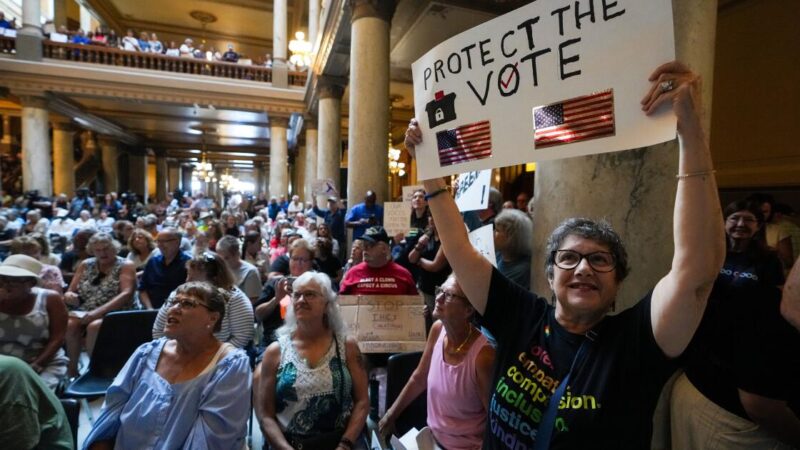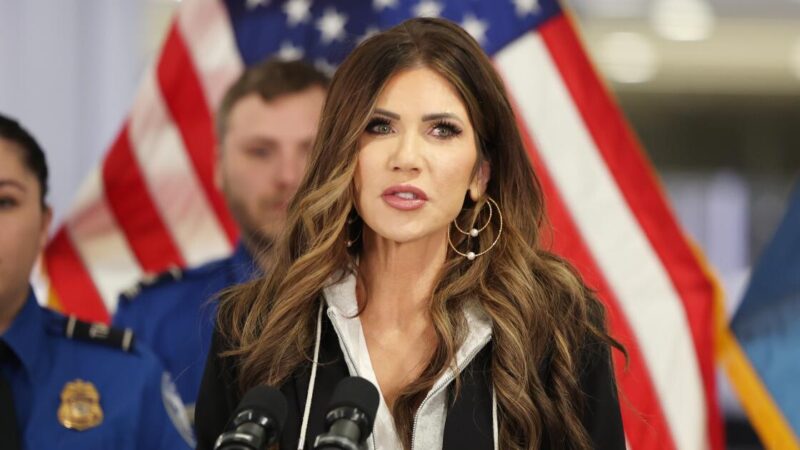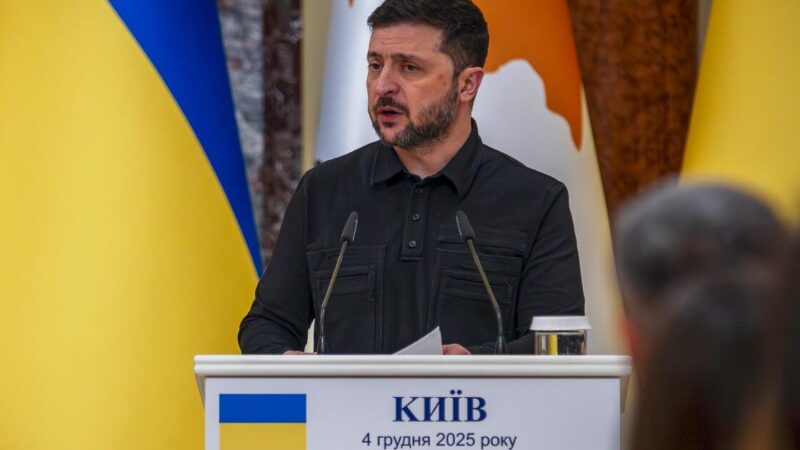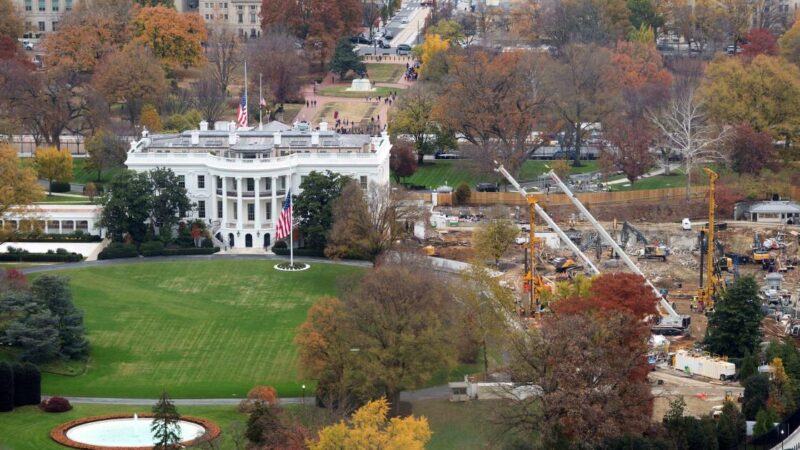California officials push back on Trump claim that Prop. 50 vote is a ‘GIANT SCAM’
As California voters went to the polls Tuesday to cast their ballot on a measure that could block President Trump’s national agenda, state officials ridiculed his unsubstantiated claims that voting in the largely Democratic state is “rigged.”
“The Unconstitutional Redistricting Vote in California is a GIANT SCAM in that the entire process, in particular the Voting itself, is RIGGED,” Trump said on Truth Social just minutes after polling stations opened Tuesday across California.
The president provided no evidence for his allegations.
“All ‘Mail-In’ Ballots, where the Republicans in that State are ‘Shut Out,’ is under very serious legal and criminal review,” the GOP president wrote. “STAY TUNED!”
Gov. Gavin Newsom dismissed the president’s claims on X as “the ramblings of an old man that knows he’s about to LOSE.”
His press office chimed in, too, calling Trump “a totally unserious person spreading false information in a desperate attempt to cope with his failures.”
At a White House briefing Tuesday afternoon, White House press secretary Karoline Leavitt claimed, without providing examples, that California was receiving ballots in the name of undocumented immigrants who could not legally vote.
“They have a universal mail-in voting system, which we know is ripe for fraud,” Leavitt told reporters. “Fraudulent ballots that are being mailed in in the names of other people, in the names of illegal aliens who shouldn’t be voting in American elections. There’s countless examples and we’d be happy to provide them.”
The White House did not immediately respond to requests for more details.
Political tension across the nation is high as California voters cast ballots on Proposition 50, a plan championed by Newsom to redraw the state’s congressional districts ahead of the 2026 election to favor the Democratic Party. The measure is intended to offset GOP gerrymandering in red states after Trump pressed Texas to rejigger maps to shore up the GOP’s narrow House majority.
California’s top elections official, Secretary of State Shirley N. Weber, called Trump’s allegation “another baseless claim.”
“The bottom line is California elections have been validated by the courts,” Weber said in a statement. “California voters will not be deceived by someone who consistently makes desperate, unsubstantiated attempts to dissuade Americans from participating in our democracy.”
Weber noted that more than 7 million Californians have already voted and encouraged those who had yet to cast ballots to go to the polls.
“California voters will not be sidelined from exercising their constitutional right to vote and should not let anyone deter them from exercising that right,” Weber said.
Of the 7 million Californians who have voted, more than 4.6 million have done so by mail, according to the secretary of state’s office. Los Angeles residents alone have cast more than 788,000 mail-in ballots.
Leavitt told D.C. reporters Tuesday that the White House is working on an executive order to combat so-called “blatant” election fraud.
“The White House is working on an executive order to strengthen our election in this country,” Leavitt said, “and to ensure that there cannot be blatant fraud, as we’ve seen in California with their universal mail-in voting system.”
Trump has long criticized mail-in voting. As more Democrats opted to vote by mail in 2020 during the COVID-19 pandemic, the president repeatedly made unproven claims linking mail in voting with voter fraud. When Trump ultimately lost that election, he blamed expanded mail-in voting.
In March, Trump signed an executive order requiring that Attorney General Pam Bondi “take all necessary action” against states that count absentee or mail-in ballots received after Election Day. Most states count mail-in or absentee ballots as long as they are postmarked by Election Day.
Over the last month, the stakes in the California special election have ratcheted up as polls indicate Proposition 50 could pass. More than half of likely California voters said they planned to support the measure, which could allow Democrats to gain up to five House seats.
Last month, the Justice Department appeared to single out California for particular national scrutiny: It announced it would send federal monitors to polling locations in counties in California as well as New Jersey, another traditionally Democratic state that is conducting nationally significant off-year elections.
The monitors, it said, would be sent to five California counties: Los Angeles, Kern, Riverside, Fresno and Orange.
While Trump is often a flame-thrower on social media, he has largely been silent on Proposition 50, aside from a few Truth Social posts.
In late October, the president voiced skepticism with California’s mail-in ballots and early voting — directly contradicting efforts by the state’s GOP leaders to get people to vote.
“No mail-in or ‘Early’ Voting, Yes to Voter ID! Watch how totally dishonest the California Prop Vote is! Millions of Ballots being ‘shipped,’” Trump wrote on Truth Social. “GET SMART REPUBLICANS, BEFORE IT IS TOO LATE!!!”
Over the weekend, Trump posted a video purporting to show a member of the San Joaquin County’s Sheriff Dept. questioning election integrity in California.
Times Staff Writer Seema Mehta contributed to this report





